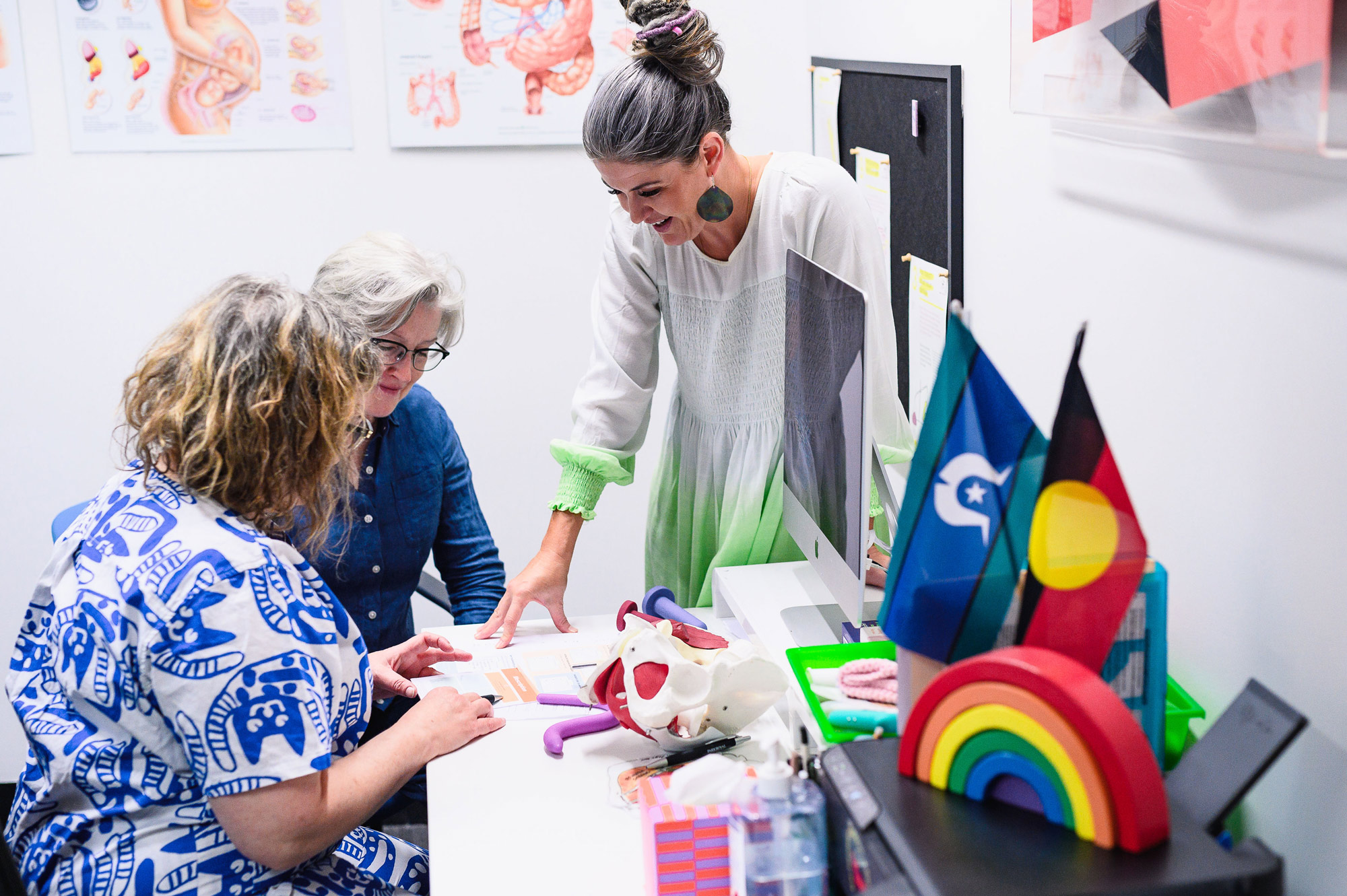
Chronic or persistent pelvic pain (PPP) requires a whole-person approach. This evidence-based, clinician-led course equips you with practical skills to confidently lead multidisciplinary care for women, and those assigned female at birth (AFAB), experiencing PPP. Join Women’s Health GP Specialist Dr Emily Ware in this structured and relevant learning, designed to enable you to confidently improve outcomes and lead better care for women living with persistent pelvic pain and endometriosis.
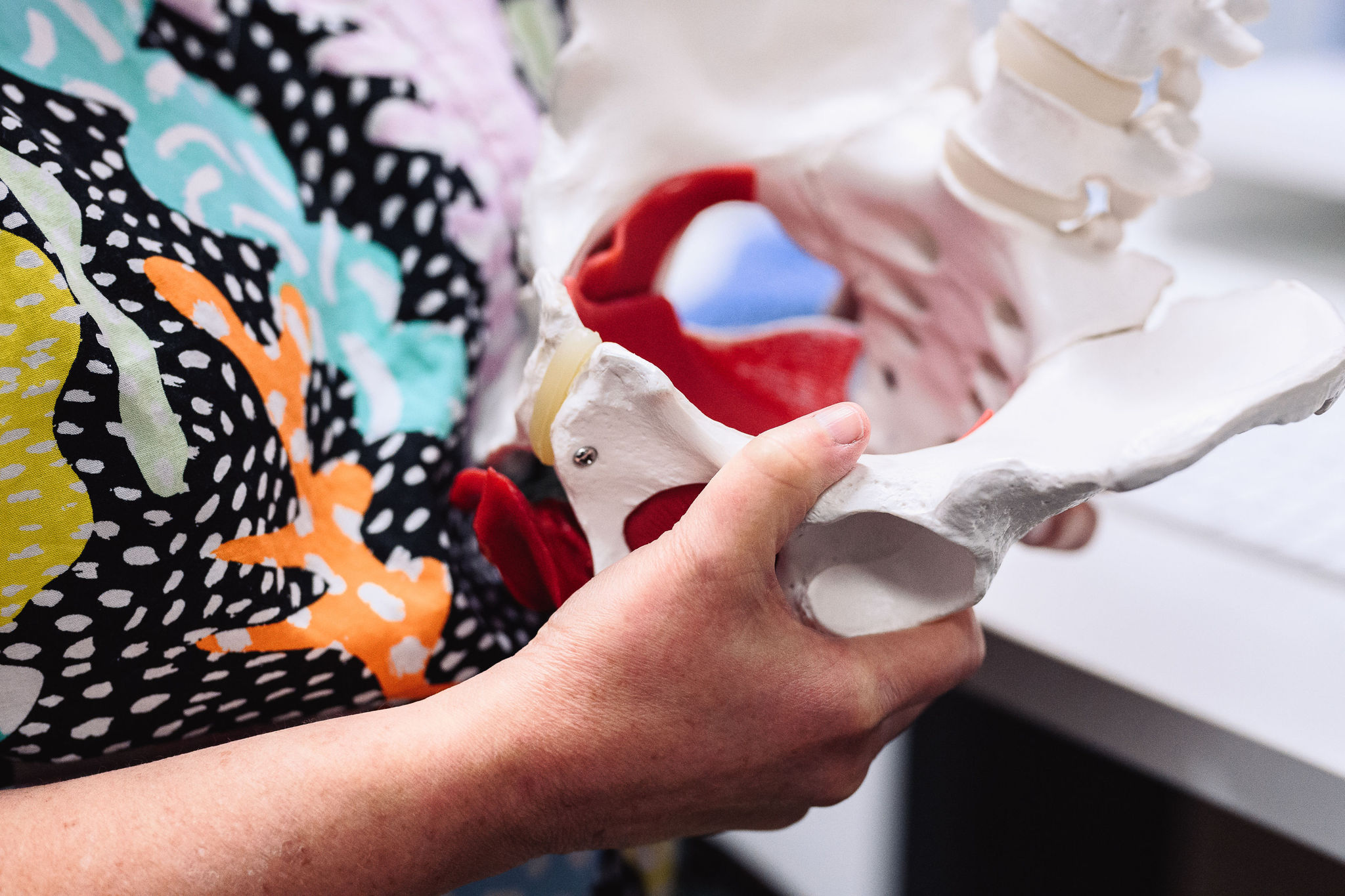
Pelvic Organ Prolapse (POP) affects up to 50% of women and can significantly impact quality of life. This structured course led by APA Women’s Health Physiotherapist Rachel Andrew provides practical clinical tools to identify POP early, support patient self-management, and apply evidence-based treatment strategies – all while addressing the emotional and physical realities of this common condition.

Build your knowledge and skills with this structured, evidence-based approach to managing perimenopause and menopause led by GP and women’s health specialist Dr Natasha Vavrek, supported by a multidisciplinary team including a psychiatrist, psychologist, sex therapist and urogynaecologist.
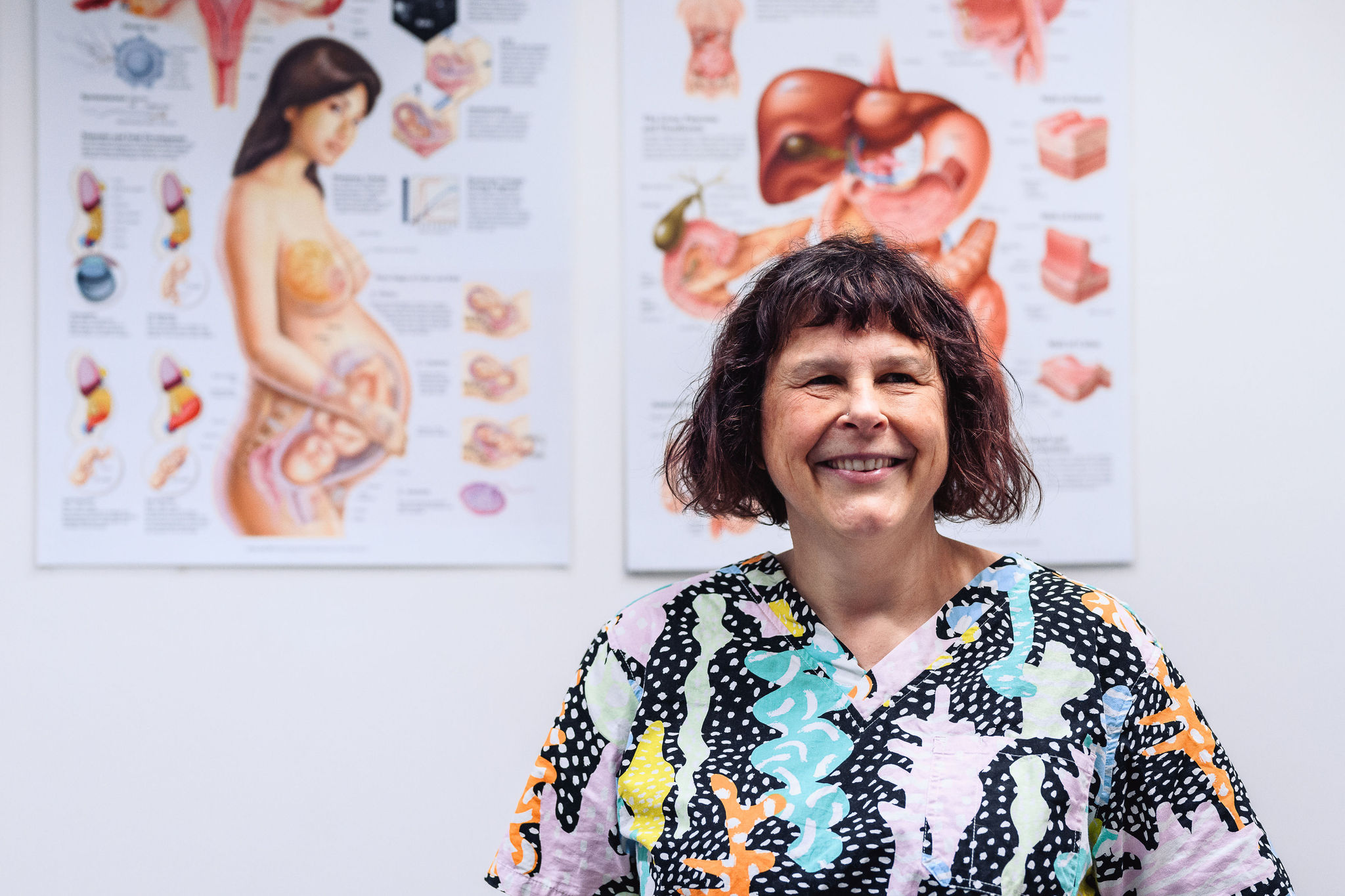
Led by experienced clinicians, this CPD course covers postnatal milestones, return to exercise, breastfeeding, pelvic health, and the physical and emotional transitions of early motherhood. It offers evidence-based guidance you can apply in practice right away.
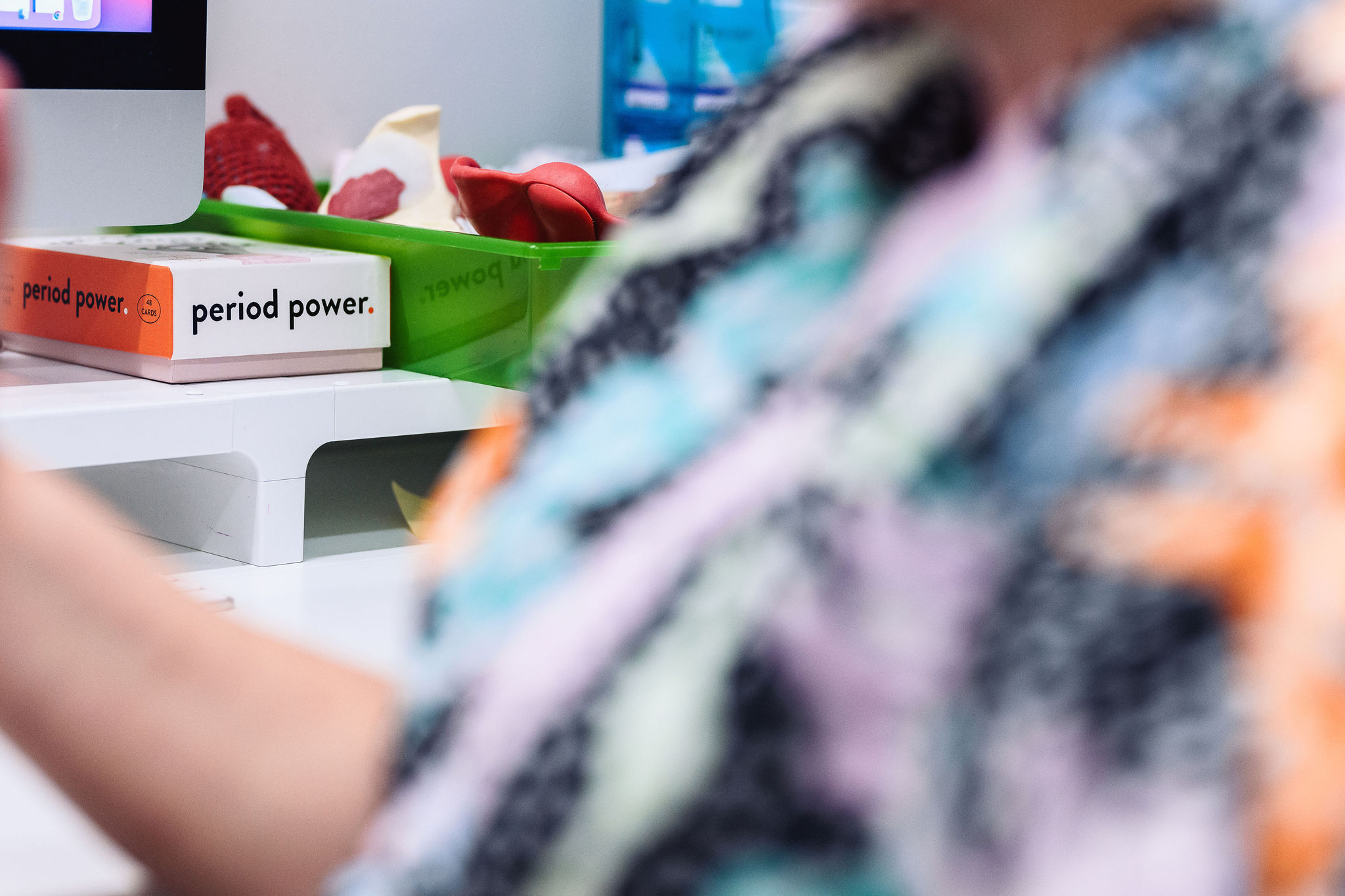
Prevention of problematic periods, or persistent pelvic pain, begins with the first practitioner a person sees. Women's Health GP Specialist Dr Emily Ware explains how to assess, diagnose and manage menstrual issues experienced by the 50% of 16–25 year olds who experience problematic periods, the 88% who have dysmenorrhoea and the 1 in 7 women who have endometriosis.
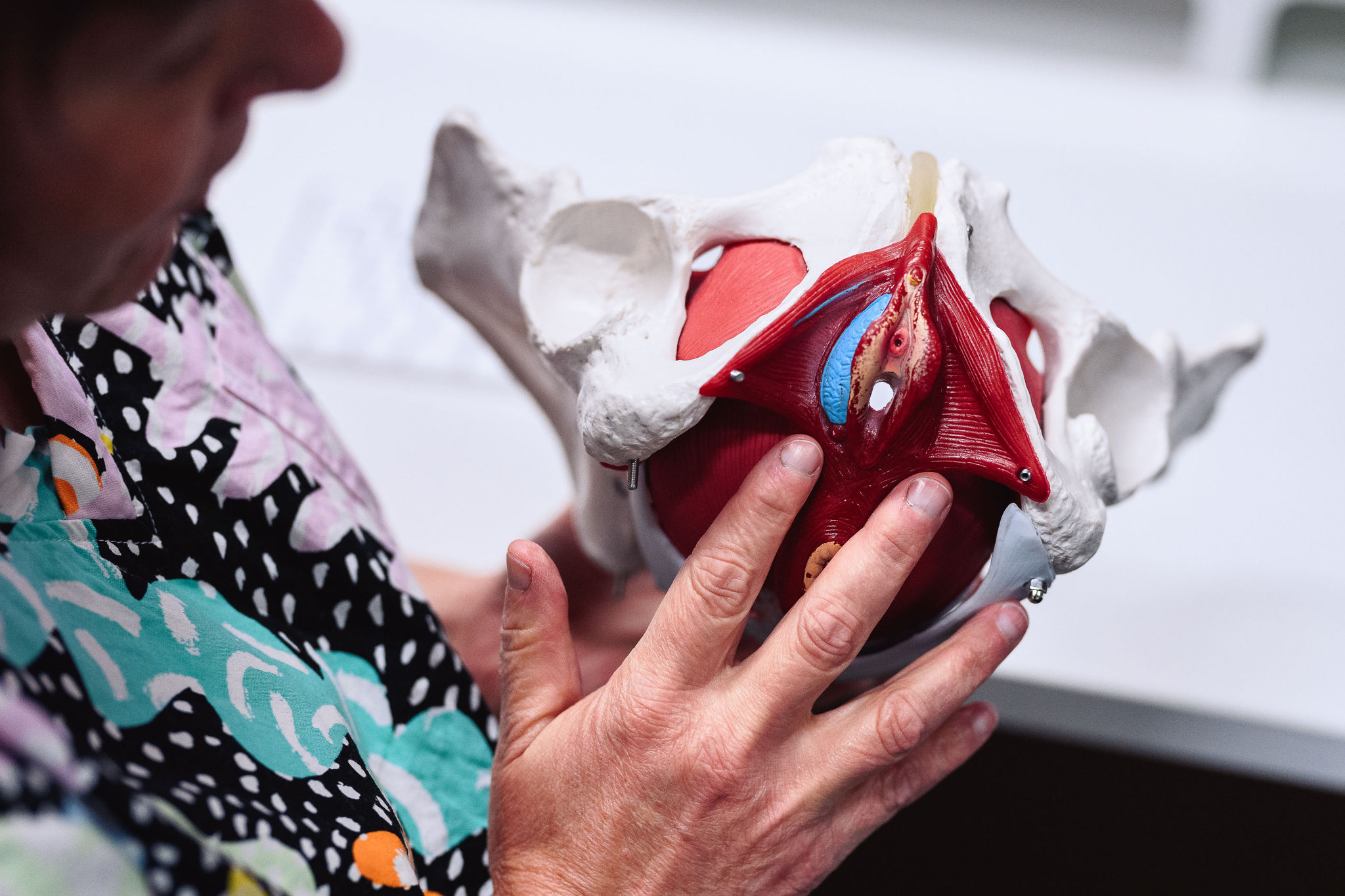
Not all vulval pain or itching is the same. 1 in 10 women have vulval pain. Is it Genitourinary Syndrome of Menopause, Chronic thrush, Lichen Simplex, Lichen Sclerosus, Lichen Planus and how do you tell? In this course Women's Health GP Specialist Dr Emily Ware equips GPs to make differential diagnoses, identify red flags, and manage treatment pathways for this complex and distressing issue, so they can provide timely, effective care and follow-up.
Australian funding opportunities:
- Rural Procedural Grant Program (RPGP) which fund eligible GPs in rural or remote areas classified as MM 3 to 7
- Health Workforce Scholarship Program
- National Rural Health Alliance list of Scholarships and Programs
Check if your PHN offers funded places.
Not at all – once you've purchased and begun a course your progress is tracked, so you can log back in and pick up wherever you left off. If you start a course, you need to complete it within that calendar to get your CPD hours recorded.
Our courses are for Australian and NZ GPs, nurse practitioners and other health professionals looking to build or deepen their understanding of pelvic health. Whether you're just starting or want to expand your clinical expertise, Vagenius Training provides practical, evidence-based training.
See each of our courses for more information.
Courses include:
Yes. All our courses are aligned with Australian and NZ CPD requirements, for organisations including RANZCOG, RACGP, ACRRM, RNZCGP and ACNP. See individual course pages for specific accreditation info. CPD hours will be submitted automatically on completion in a CPD year.
Absolutely. All Vagenius courses are optimised for mobile and tablet use, so you can learn anywhere, anytime.
Once enrolled, you’ll have 3 years’ access to the course content – complete it at your own pace, when it suits your schedule.
We’re here to help. If you’re unsure about course content, access, or anything else, contact us and we’ll get back to you promptly.
We recommend beginning with the Persistent Pelvic Pain (PPP) course, which will give you the knowledge and tools to significantly reduce the time taken to diagnose, treat or refer patients presenting with persistent pelvic pain.
Clinical resources and downloads are embedded within each of our courses. If you sign up to our mailing list you'll hear about our offers and any useful research, information and events.
We regularly review and update content to reflect the latest clinical guidelines, research and feedback from our learners.
Yes. We offer packages for Australian PHNs, NZ PHOs, GP clinics and health organisations. Get in touch to discuss group access or organisational pricing.